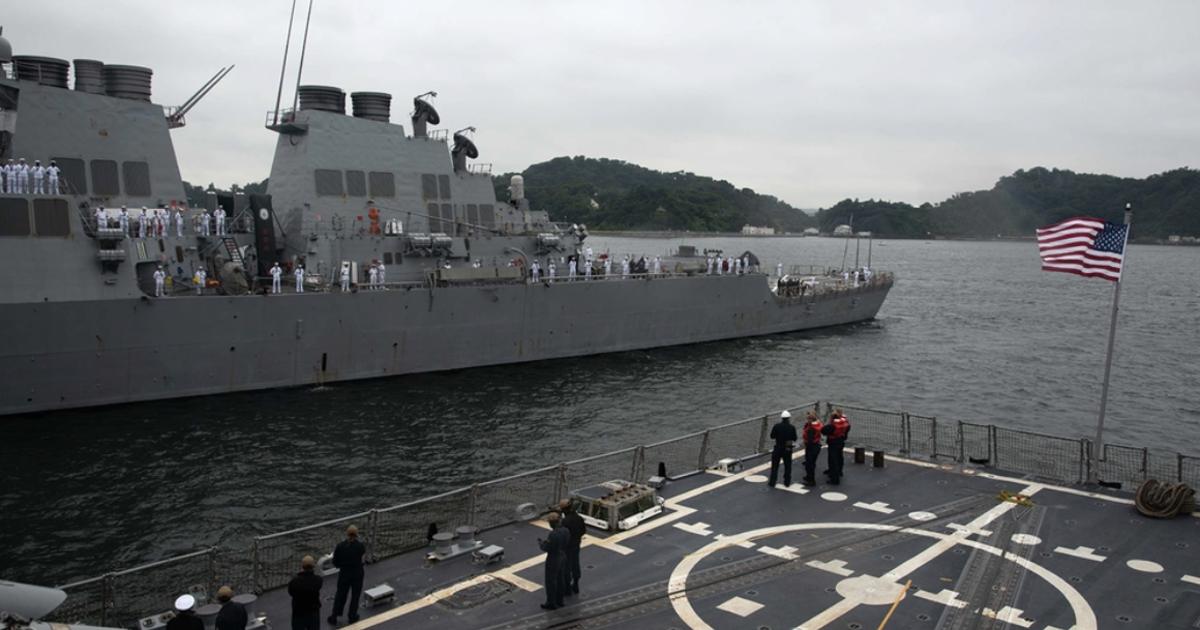
The US Navy has charged a sailor with espionage for allegedly passing on classified information to an employee of a foreign government. The sailor, Chief Petty Officer Fire Controlman Bryce Pedicini, is accused of failing to report solicitation of unauthorized materials by a member of the foreign government and delivering documents relating to national defense multiple times between November 2021 and February 2023 in Hampton Roads, Virginia. In May 2023 while in Yokosuka Japan, Pedicini allegedly brought a personal electronic device into a restricted area and processed classified information on a system not approved for that material.






